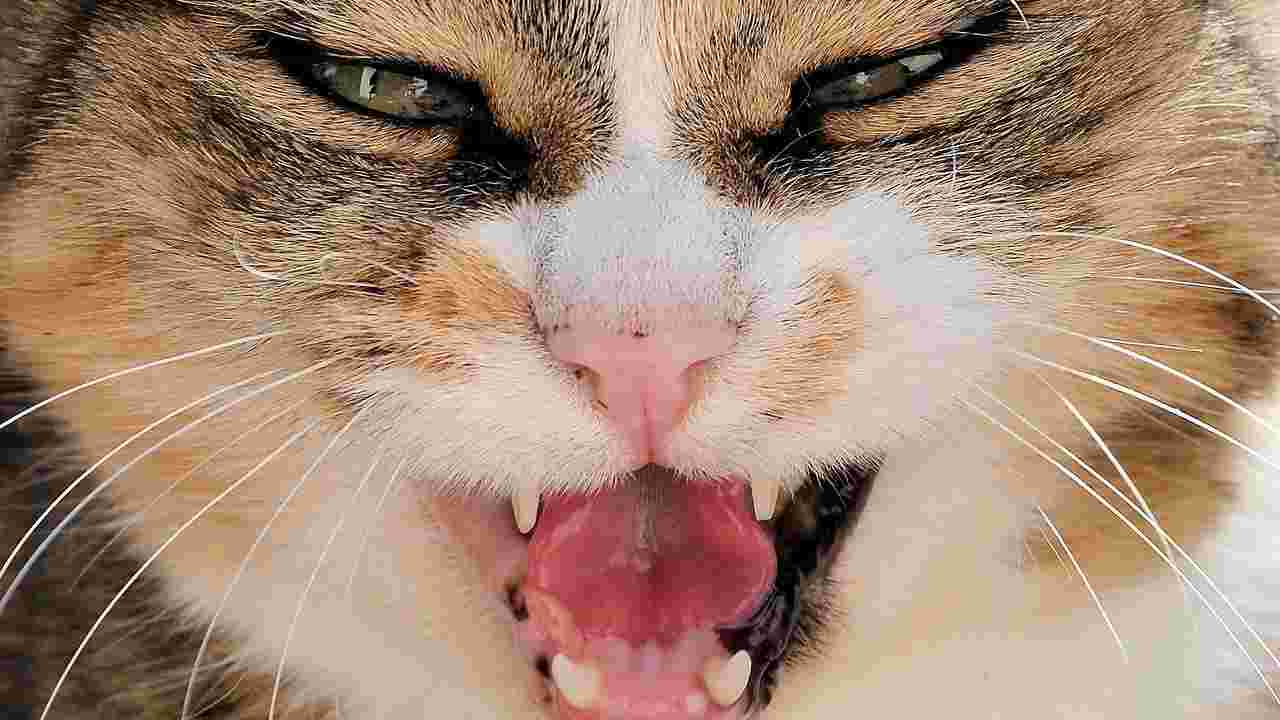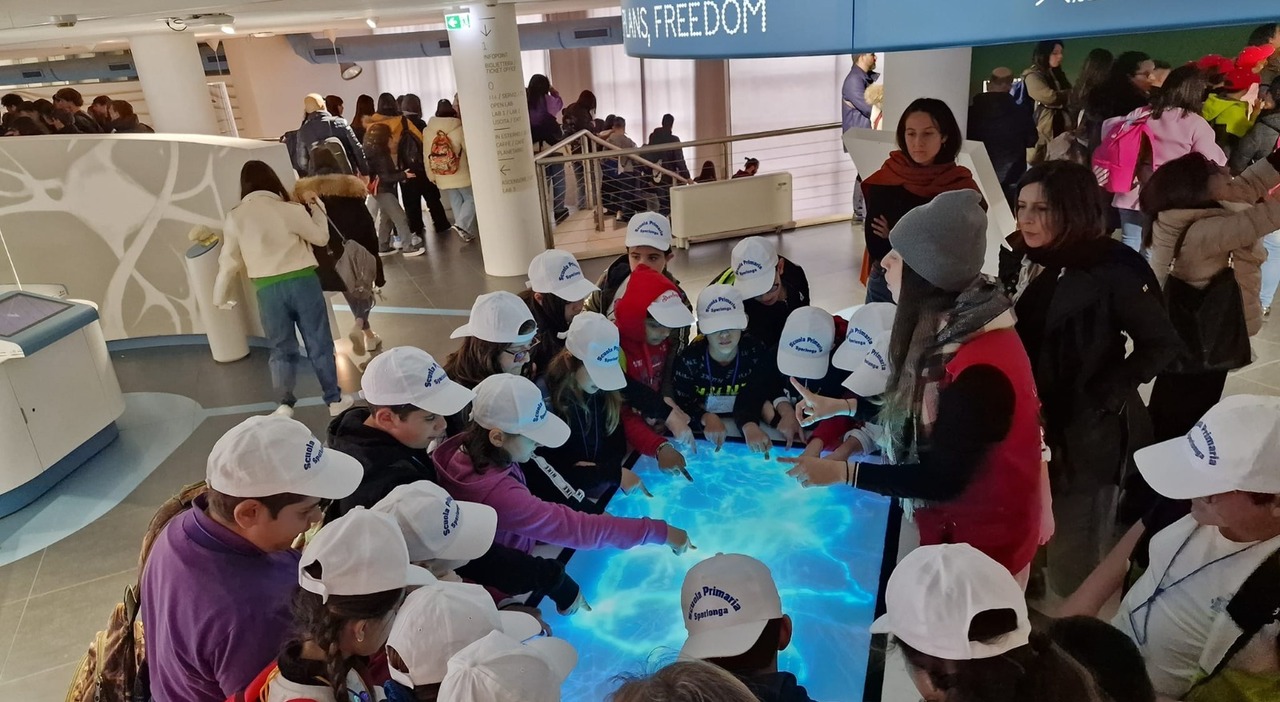There has been talk, as there always is by many, about the “Indy Gregory Affair”. Then she was an eight-month-old baby girl suffering from a rare, serious and so far fatal disease. In better words, Indy was suffering from Combined D,L-2-hydroxyglutaric aciduria: An autosomal recessive disorder caused by gene defects SLC25A1. This means that Indy inherited two copies of the mutated gene from her parents, both of whom are healthy carriers. There was a 25% chance of being in this condition, a 50% chance of being a healthy carrier, and a 25% chance of not having any copies of the mutated gene and thus being completely healthy.
The pain and grief of parents must be unbelievable, as all parents who have a seriously ill son or daughter know. Perhaps this should lead to little respect on the part of politicians, especially Italians, or men and women in the street who, in the name of their vision of life and death, propose solutions based on incomplete medical information or incorrect news. Or they rule based on their own beliefs, as if it were everyone’s belief or as if everyone should adopt it.
For this reason, too, my goal is not to say what should have been done or how we should judge what Indy’s parents or the other actors in this story did. Instead, I would like to think about the different levels of the game and ask questions that we can consider individually and collectively, starting with the idea that one cannot arrogantly engage in an existential moral choice that may not be available to everyone unless one is unwilling to fall into forms of moral paternalism. , that is, the belief that one’s moral vision of life and death is better than others, and therefore it is right to impose it.
There is a medical level. And everyone should agree on this, regardless of those who subscribe to anti-science positions: Indy’s disease could not have been cured using the medical knowledge we have now. Medicine can only care for the child by all means available, such as palliative care and end-of-life care (which are two different things), avoiding any form of therapeutic anger, which no doctor at Queen’s Medical Center in Nottingham claimed was where the child was found. .
There is a moral existential level. On the one hand, there were doctors at Nottingham Hospital who said it was morally commendable, after we had reached a certain point in the course of the disease, to decide to stop using mechanical support and let Indy leave us, avoiding, with the end-of-life care, which she had to suffer. . This, of course, is not euthanasia! And only those who want to muddy the waters, who know no purpose other than political or ideological speculation of pain, think or shout it. On the other hand, there were the parents who said it was morally commendable to continue to keep Indy alive with mechanical support also on the basis of their claim that they were defending Indy’s rights.
There is the local legal level related to the English court’s decision to support the medical decision and stop mechanical support.
There is the level of medical decision, which strongly follows from a certain vision of life and death, for the Bambino Gesu Children’s Hospital that announced its readiness to receive Indy.
There is the transnational legal and political level on which the Meloni government worked and which supported the application of the Italian hospital and which, to facilitate Indi’s possible transfer, granted her on the one hand Italian citizenship and, on the other hand, sent a formal appeal, and then refused, to the English Minister of Justice and the Lord Chancellor to intervene in favor of this possibility. .
But all of these levels have been mixed up many times in media debate, with each of them, despite their obvious interconnectedness, deserving of analysis. Let’s try to do this only by asking questions whose answers might allow us to think about similar situations that could happen in the future.
Since combined D,L-2-hydroxyglutaric aciduria is an autosomal recessive disease, did or did Indy’s parents know that they were healthy carriers of the mutated gene and thus had a 25% chance of having children with this disease? This is a very important question when dealing with recessive diseases because knowing the result of genetic tests They can bring it To different and more informed reproductive choices, as has already happened Also in Italy.
At the level of existential moral choices, did Indy’s parents really believe they were fighting for her rights or were they fighting for their own existential moral vision of life and death that they were applying to their daughter? Were they fully aware of the values and moral beliefs they held? They were unquestionable choices or could be revised in light of the assistance provided by experts in Ethics consultation in the clinical field?
What can the doctors at Bambino Gesu Children’s Hospital do that the doctors at Queen’s Medical Center can’t? Was their experience in treating combined D,L-2-hydroxyglutaric aciduria far ahead of Nottingham Hospital standards? Were the doctors at Queen’s Medical Center so “barbaric” that they simply “pulled the plug”, without beginning end-of-life care? Are there more specialized centers in the world for experimental gene therapies that can be performed? Why Bambino Gesu Children’s Hospital and not Boston Children’s Hospital? Perhaps because the first doctors had an existential moral vision of life and death that was different from the vision of the Queen’s Medical Center doctors and closer to the vision of the fathers? But do you seek a hospital for treatment (and recovery if necessary) because it believes it has the best medical knowledge in the sector or because you believe those who work there share the same existential moral vision of life and death?
Why did Italian politics intervene? Is it the duty of politics to intervene in individual existential moral decisions solely on the basis of beliefs about how those who govern at that moment should live and die? It is morally commendable to offer parents from another country, whose level of medical and health expertise is certainly not lower than that of Italy, but who are devastated by pain and psychologically fragile, the possibility of doing as they want, while also explaining that in our country there are better treatments or that we can Would we die better?
And what about our politicians who are concerned about rare and incurable genetic diseases for reasons that are not always clear, and who do not do enough to address treatable genetic diseases? For example, that Expanded newborn screening (SNE) will allow identification of serious diseases at birth that can be treated or better controlled. Because the same politicians who dealt with the Indy issue are not very active, for example, forSpinal muscular atrophycan be treated today, but with Only 8 regions included in the NES. Is this concern morally laudable or reprehensible for combined D,L-2-hydroxyglutaric aciduria, which is incurable and rare (affecting about 1 in 1,000,000 newborns) and not for spinal muscular atrophy, which is instead manageable and less Rarity (affects about 1 in 10,000 newborns)?
Does a court, like the English court, always have the right to deprive parents of the ability to decide what is best for their daughter in terms of life or death? Parents always have the right to decide what is best for their daughter in terms of life and death, remembering them Francesco case And the Eleonora case? Do parents have the right to choose the hospital, whether in their own country or in a foreign country, where they believe their daughter can receive better treatment?
We, as fans, should not side with one existential moral choice and against another. The so-called good moral sense should not be applied in such complex cases without in-depth knowledge of how things work from a medical point of view and from the biographical point of view, understood in the broad sense, of the parents and without asking the question whether entering the field without possessing the right moral skills cannot increase From the confusion, emotional stress and decision making of key decision makers (in this case the parents and doctors who followed Indy).
Are there lessons we can learn from the Indy case? I don’t know. Perhaps just accepting that there are different moral and existential views about life and death, and that none of them is correct, just as none of them are correct, but speculating by siding with one or the other for political purposes, for matters of personal vision, or for the pure pleasure of Being able to say “I also want to have my say, we are in a democracy” is a bad thing. This is particularly bad from a moral and existential point of view.

“Infuriatingly humble social media buff. Twitter advocate. Writer. Internet nerd.”


